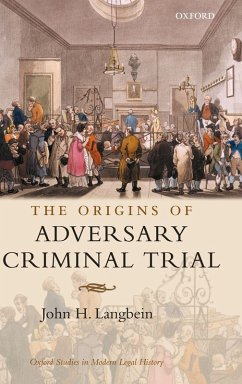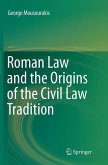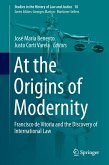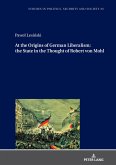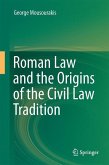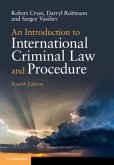The adversary system of trial, the defining feature of the Anglo-American criminal procedure developed late in English legal history. For centuries, defendants were forbidden to have counsel, and lawyers seldom appeared for the prosecution either. Trial was meant to be an occasion for the defendant to answer the charges in person. The transformation from lawyer-free to lawyer-dominated criminal trial happened within the space of about a century, from the 1690s to the 1780s. This book explains how the lawyers captured the trial. In addition to conventional legal sources, Langbein draws upon a rich vein of contemporary pamphlet accounts about trials in London's Old Bailey. The book also mines these novel sources to provide the first detailed account of the formation of the law of criminal evidence.
Hinweis: Dieser Artikel kann nur an eine deutsche Lieferadresse ausgeliefert werden.
Hinweis: Dieser Artikel kann nur an eine deutsche Lieferadresse ausgeliefert werden.

